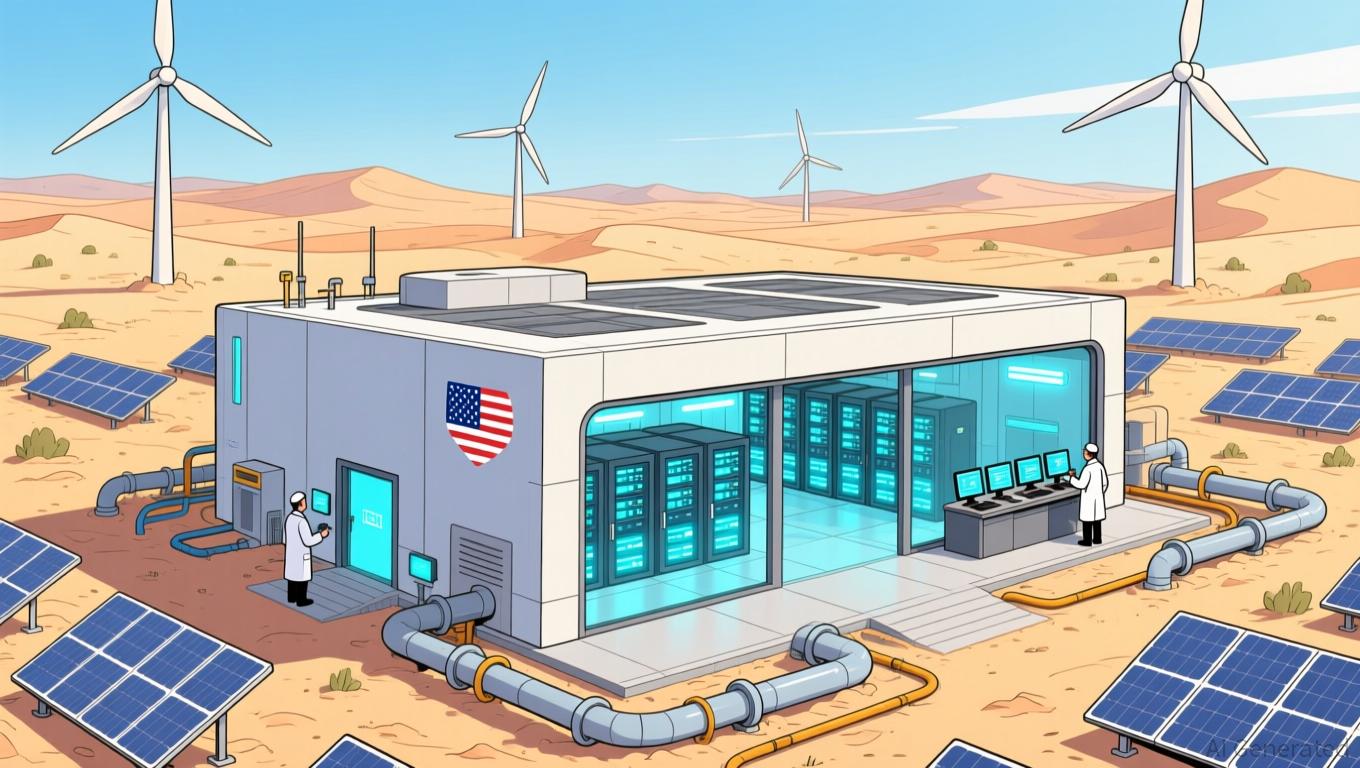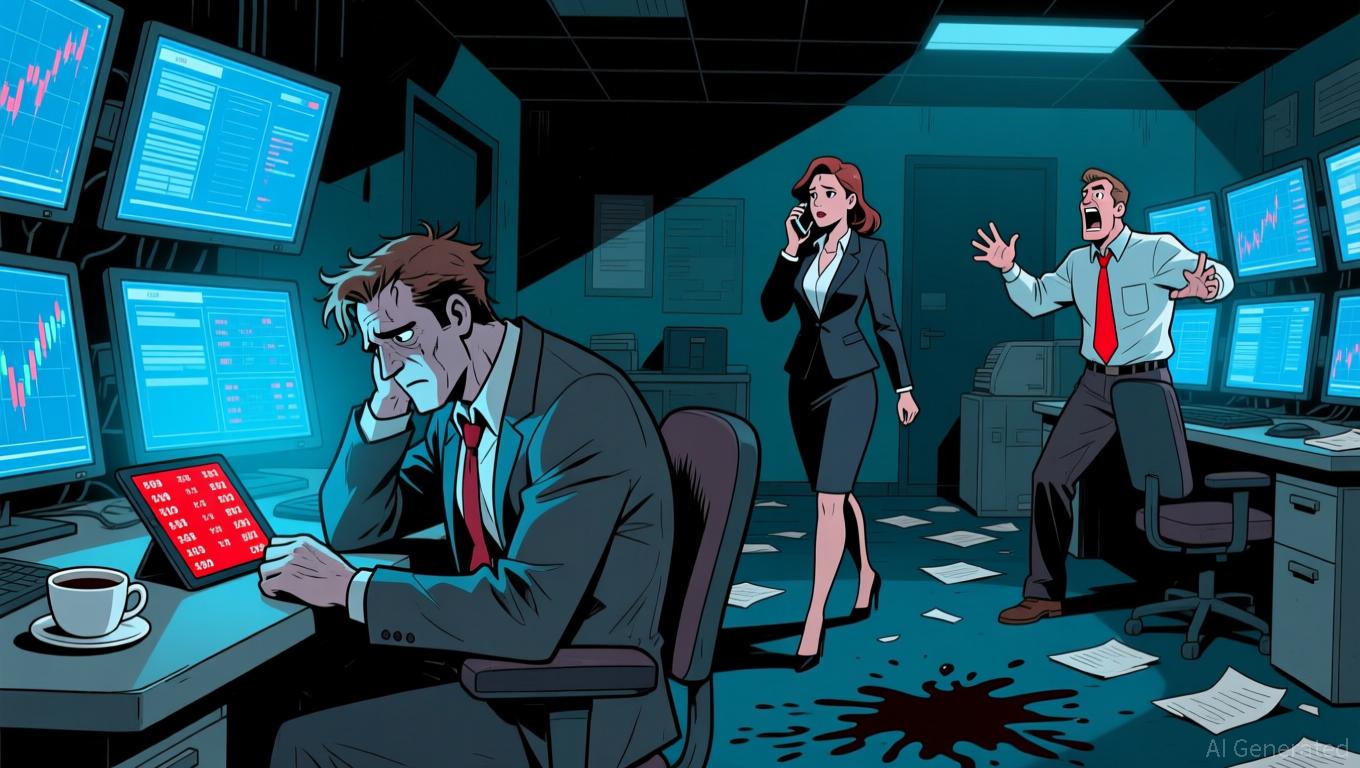An industry regulator has warned that the rapid expansion of data centers may jeopardize the reliability of the power grid this winter.
The North American Electric Reliability Corporation (NERC) reported this week that electricity consumption across North America is projected to rise by 2.5% this winter compared to last year, reaching a total of 20 gigawatts. In contrast, winter demand in recent years has typically increased by 1% or less.
A major portion of this increased demand is being driven by data centers, especially in regions such as the mid-Atlantic, the western United States, and the Southeast, according to Mark Olson, NERC’s reliability assessments manager, who spoke with E&E News. These are areas experiencing significant data center construction.
The report singles out Texas for its ongoing data center growth, noting that this trend is “adding to the persistent risk of supply shortages.” This is a particular concern for Texans, who nearly five years ago endured widespread blackouts during a severe winter storm.
During that event, natural gas plants went offline as wellheads froze, drastically cutting natural gas supplies. At the same time, demand for gas surged as people tried to heat their homes and businesses. (Despite this, the governor publicly blamed wind turbines, even though they played only a minor role in the crisis.)
According to NERC, Texas is less likely to face such extreme conditions this year, partly because the state has added a significant number of batteries to its grid. These batteries can supply power if gas plants fail and can respond faster to minor fluctuations than traditional “peaker” plants, which mostly run on natural gas and take several minutes to start up.
However, Texas still faces some risks.
Most batteries currently installed in Texas can only provide electricity for a few hours at a stretch. This works well for short-term demand spikes, such as those that occur in the evening when people return home.
But, as NERC points out, data centers require a steady supply of electricity throughout the day. If Texas experiences an extended cold spell, keeping batteries charged enough to meet the needs of all users—including data centers—will become increasingly difficult, NERC warned.
If the winter passes without a major storm, NERC expects the power grid in all regions to remain stable. However, the organization noted that there have been four major storms in the past five years, which could force grid operators to import power, request large customers to reduce usage, or, if necessary, implement rolling blackouts.



